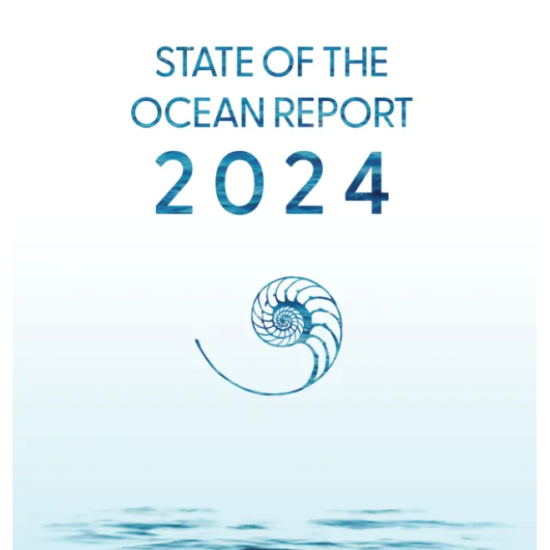
Today, UNESCO’s World Heritage Centre released the first global scientific assessment of climate change impacts on World Heritage coral reefs. Soaring ocean temperatures in the past three years have subjected 21 of 29 World Heritage reefs to severe and/or repeated heat stress, and caused some of the worst bleaching ever observed at iconic sites like the Great Barrier Reef (Australia), Papahānaumokuākea (USA), the Lagoons of New Caledonia (France) and Aldabra Atoll (Seychelles). The analysis predicts that all 29 coral-containing World Heritage sites would cease to exist as functioning coral reef ecosystems by the end of this century under a business-as-usual emissions scenario.
Bleaching is a stress response that causes coral animals to expel the microscopic algae (zooxanthellae) whose photosynthesis provides the energy needed to build three-dimensional reef structures. Mass bleaching is caused by rising water temperatures associated with climate change. It only takes a spike of 1-2°C to cause bleaching, and carbon emissions have caused a 1°C increase in global surface temperature since pre-industrial times. This effect has been magnified by strong El Niño and La Niña events. Ocean acidification caused by dissolved atmospheric CO2 weakens corals further.





